Karol Rogowski
Don’t shoot yourself in the foot.
#1about 2 minutes
Why you should go on technical interviews regularly
Regularly interviewing helps you understand your market value, keep your skills current, and learn new concepts.
#2about 5 minutes
How to craft an effective technical resume
Avoid common resume mistakes like unprofessional photos, oversharing private data, and generic descriptions by including project details and a GitHub link.
#3about 3 minutes
Adopting the right mindset before the interview
Being on time respects the interviewer's schedule, and remembering they want you to succeed helps build a positive, collaborative dynamic.
#4about 2 minutes
Topics to avoid during a job interview
Keep the conversation professional by steering clear of personal political or religious views to prevent unconscious bias from affecting the outcome.
#5about 1 minute
The importance of researching the company beforehand
Demonstrate genuine interest and prepare for small talk by spending a few minutes researching the company's projects, culture, and recent activities.
#6about 2 minutes
Gaining experience through open source contributions
Junior developers can sharpen their skills, get valuable code reviews, and build a portfolio by contributing to open-source projects on platforms like GitHub.
#7about 3 minutes
How to effectively sell yourself to an interviewer
Practice articulating your strengths and the value you bring to a company so you can confidently answer questions about why you should be hired.
#8about 2 minutes
Why you should never make excuses for poor performance
Avoid making excuses for being tired, sick, or unprepared; it's better to reschedule the interview to present the best version of yourself.
#9about 2 minutes
The importance of honesty and what to do when you don't know
Never lie about your knowledge, as experienced interviewers will likely catch it; it is far better to admit you don't know the answer and move on.
#10about 4 minutes
Best practices for remote technical interviews
Ensure a successful remote interview by choosing a quiet, professional environment and refraining from Googling answers or getting outside help.
#11about 3 minutes
The biggest red flag: badmouthing previous employers
Never speak negatively about past companies, colleagues, or managers, as it signals potential toxicity and is a major reason for rejection.
#12about 4 minutes
How to conduct yourself after the interview
Conclude the process professionally by asking thoughtful questions to show interest and accepting the outcome gracefully if you are not selected.
Related jobs
Jobs that call for the skills explored in this talk.
Technoly GmbH
Berlin, Germany
Senior
JavaScript
Angular
+1
Matching moments
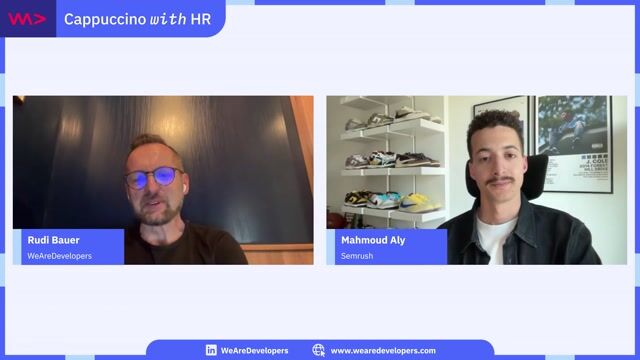
03:05 MIN
A preview of the talk "Stories from an Unsuccessful Recruiter"
Talent Acquisition: Putting People First in the Age of AI
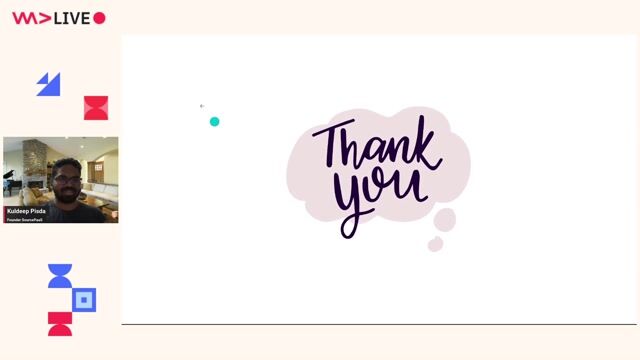
05:00 MIN
Q&A on starting a developer career and hackathons
How to make REST APIs in Django?

05:36 MIN
How to verify a candidate's real skills beyond their CV
Emergency Discussion: Can’t Hire the Right Developers? Here’s What Everyone Else Misses

05:51 MIN
Finding success with a non-traditional developer career path
WeAreDevelopers LIVE - Should We Respect LLMs? Is Rust Taking Over? Developers as Content Creators and more
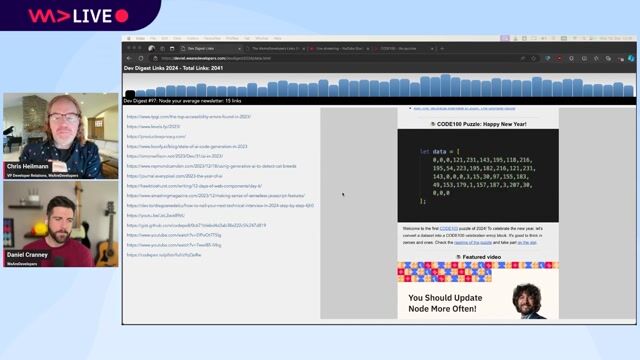
02:19 MIN
Bridging the communication gap between developers and recruiters
Dev Digest End of Year Recap
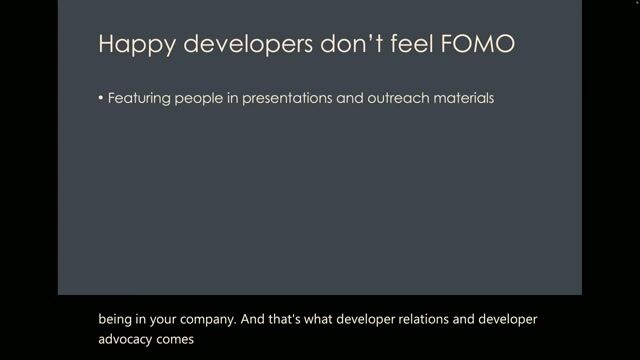
03:48 MIN
Practical initiatives to engage and retain developers
Developer Advocacy in accelerated times
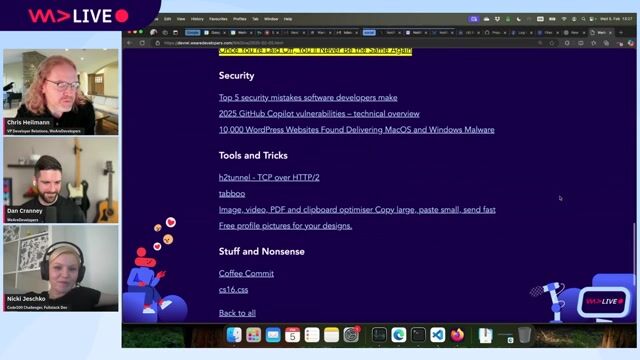
03:55 MIN
Avoiding common security mistakes and giving better feedback
The weekly developer show: Boosting Python with CUDA, CSS Updates & Navigating New Tech Stacks
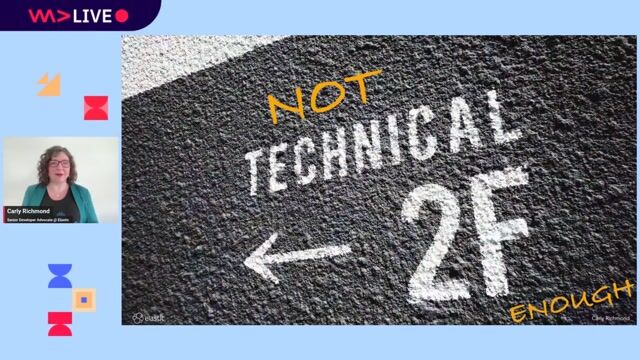
05:10 MIN
Debunking the myth of not being technical enough
From Gazelle to Pride Leader: The Path to Public Speaking in Tech
Featured Partners
Related Videos
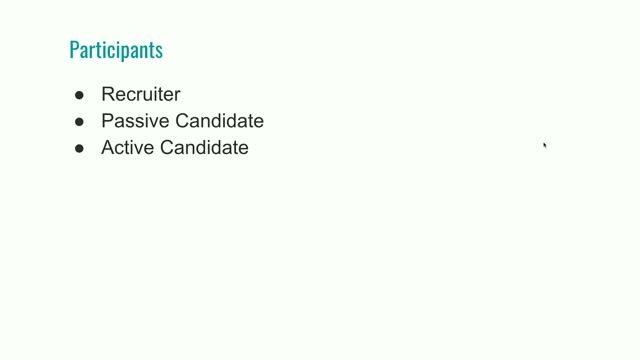 32:54
32:54Exploiting the recruitment game as a developer
Alla Pavlova
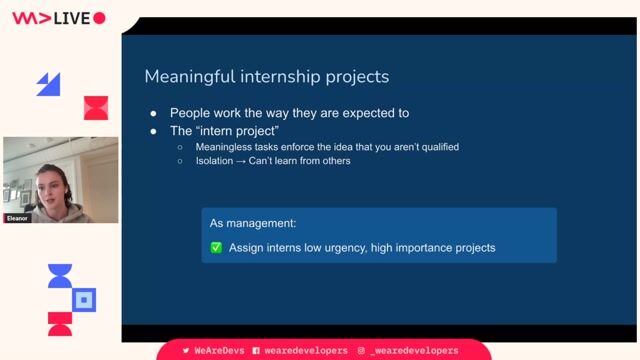 57:08
57:08How to Fail Successfully
Eleanor Rumsey
 39:39
39:39Personal Branding & Job Search - The Most Practical Approach You'll Ever Find
Hila Fish
 55:07
55:07What makes a great Software Engineer? Challenging our Assumptions Instead of Talking about Imposter Syndrome
Irina Anastasiu
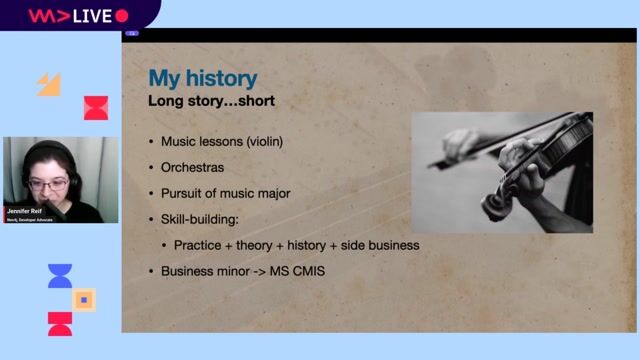 58:30
58:30Fingerboard to Keyboard: Transposing One Profession to Another
Jennifer Reif
 50:44
50:44Coffee with Developers
David Levai
 1:01:43
1:01:43Debugging Burnout
Samuel Shaw
 58:08
58:08From Gazelle to Pride Leader: The Path to Public Speaking in Tech
Carly Richmond
Related Articles
View all articles



From learning to earning
Jobs that call for the skills explored in this talk.

Code Healers LLC
Hinesville, United States of America
Remote
€20-30K
Junior
Intermediate
React
JavaScript
TypeScript
+1

Code Healers LLC
Hinesville, United States of America
Remote
€40-50K
Intermediate
Senior
PHP
.NET
React
+2

chatarmin.com GmbH
Vienna, Austria
€50-90K
Intermediate
React
Docker
Node.js
TypeScript

Code Healers LLC
Hinesville, United States of America
Remote
€30-40K
Intermediate
Senior
.NET
React
JavaScript
+2


SMG Swiss Marketplace Group
Canton de Valbonne, France
Senior

Visonum GmbH
Remote
Junior
Intermediate
React
Redux
TypeScript


Confideck GmbH
Vienna, Austria
Remote
Intermediate
Senior
Node.js
MongoDB
TypeScript